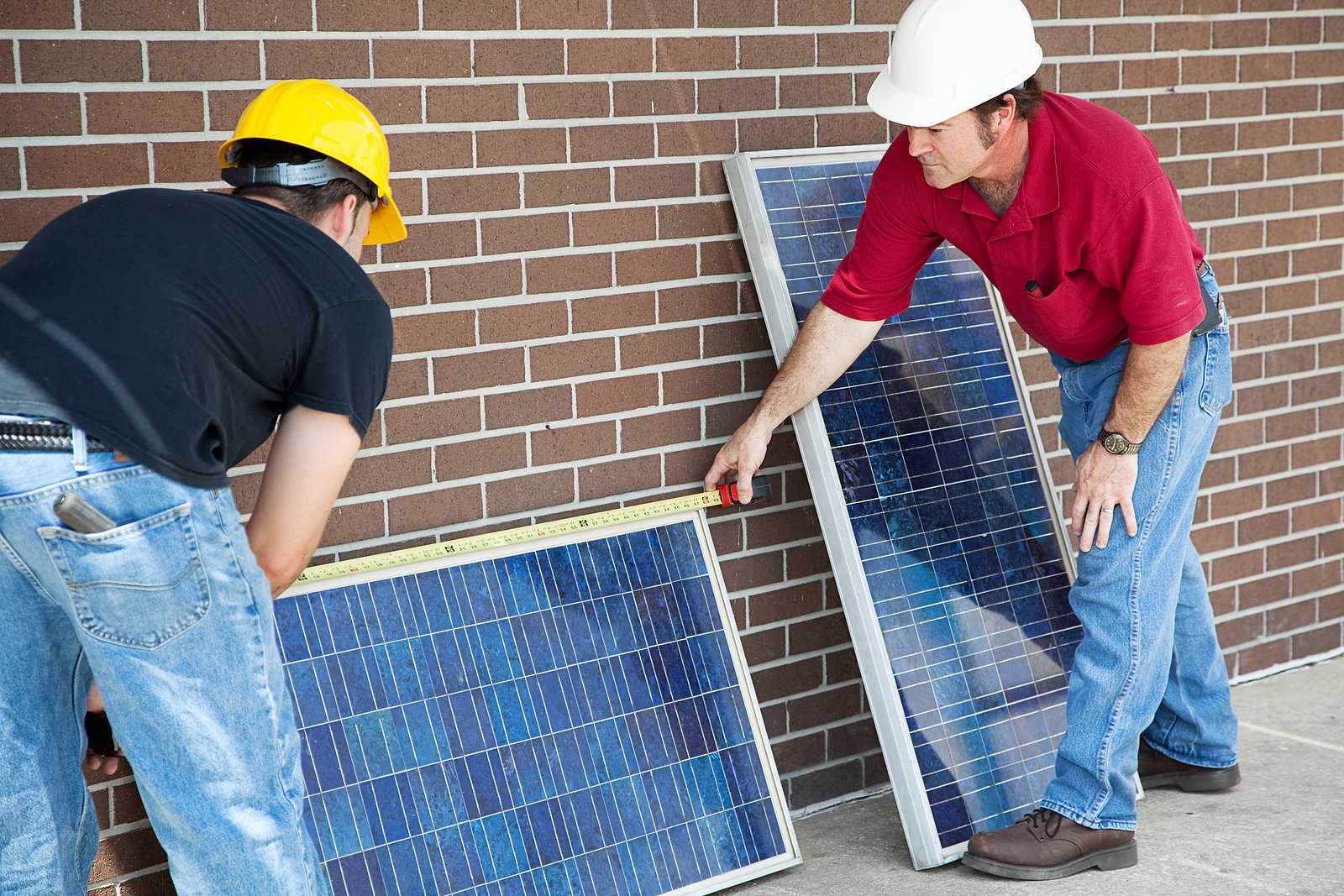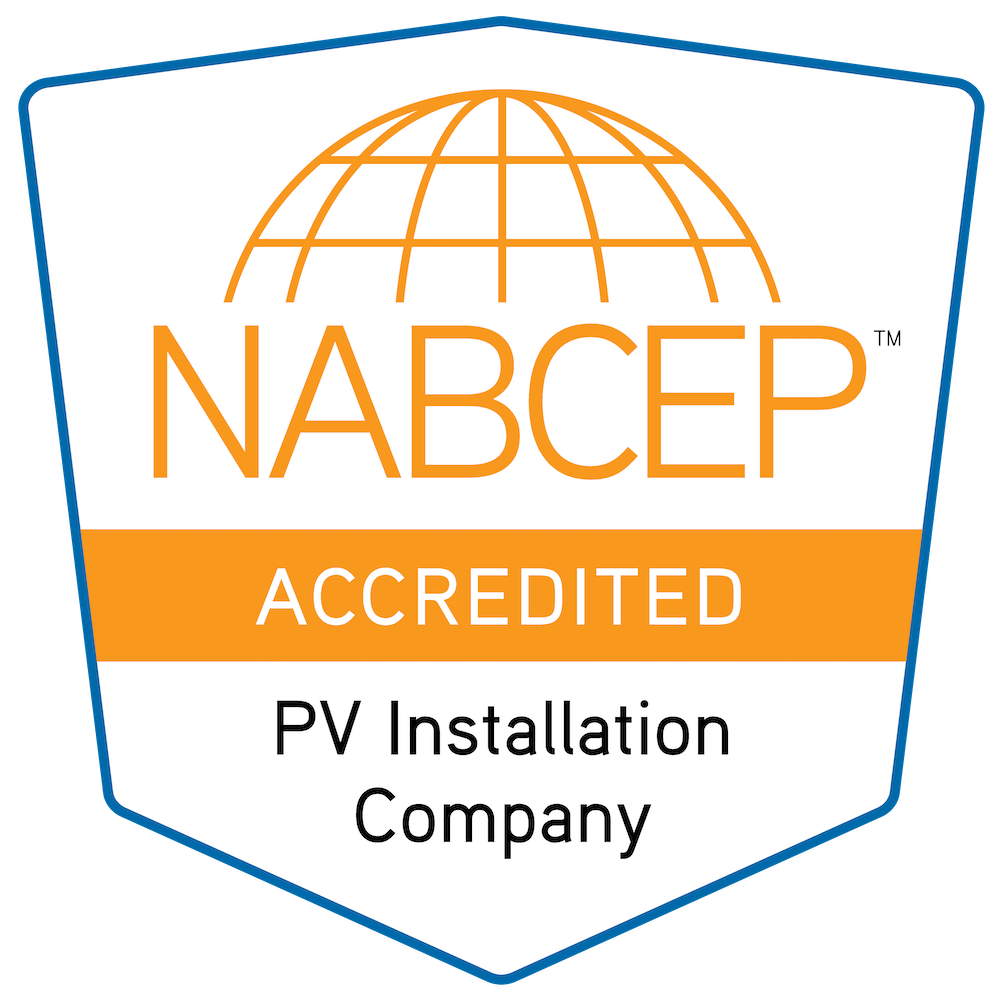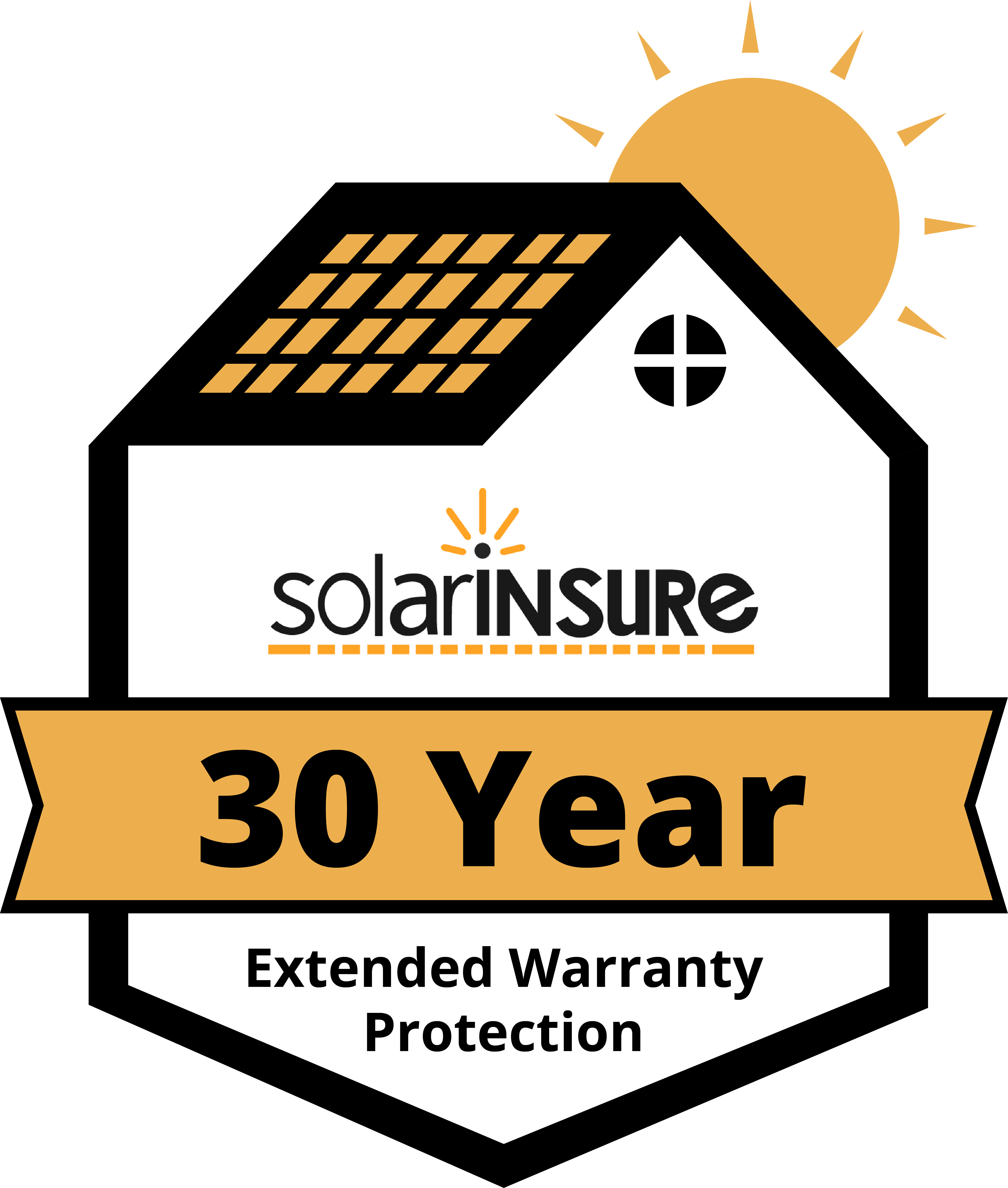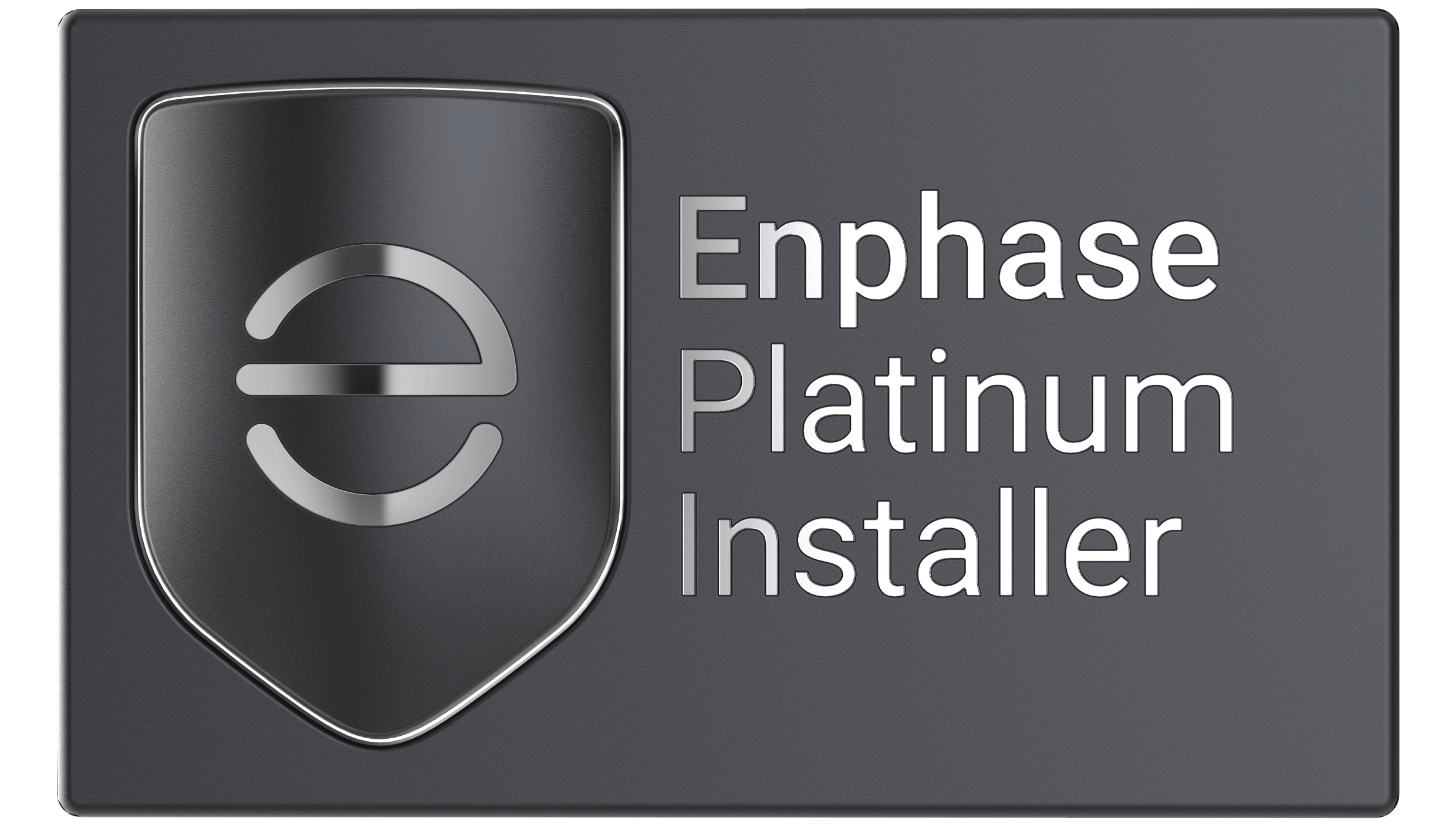The sun is one of the most important sources of energy. Through a variety of technologies, like solar panels, the energy from the sun is harnessed and converted to a useful form of energy for homes.
It may seem obvious for someone who lives in a warm, sunny climate to invest in solar panels, however, there are many factors to consider when determining if you want to make the switch to solar, such as the cost, the weather events you experience, which system is best for you and the environmental benefits, among others. So, are solar panels worth it in Florida?
Solar Panels and How They Work
Did you know that in just one hour, the amount of sunlight that hits the surface of the earth is enough to handle the energy consumption of the entire world for one year? Solar panels and systems convert that sunlight into electrical energy. This can be achieved through either photovoltaic (PV) panels or mirrors that concentrate the solar radiation. Then the energy can be used to generate electricity or stored in solar batteries.
You may be wondering how solar panels work. Your initial searches might have looked something like this, “What is a solar panel, and how it works?” It all starts with the sun. As a natural nuclear reactor, the sun releases photons, tiny packets of energy, that travel 93 million miles to Earth in approximately eight and a half minutes. For homes and buildings that have solar systems installed, the photons reach the panels and are then absorbed and stored, turning into useful forms of energy for your home.
Why Is Solar Energy Good for the Environment and World?
So why should you consider using solar energy? There are numerous environmental benefits to using solar energy, not to mention using solar panels for electricity can help reduce your overall cost of electricity! Below are five environmental benefits to using solar power:
- Less water usage – Solar doesn’t rely on water to produce electricity, unlike traditional electricity production which can use thousands of gallons of water each year to cool generators, and process, refine and transport fuel.
- Decreases air pollution – Solar panels don’t produce any harmful gas emissions like carbon dioxide and methane, which are generated through the production of electricity from fossil fuels.
- Reduce reliance on fossil fuels – Fossil fuels are nonrenewable resources, meaning they will run out. By utilizing solar, a renewable resource, we can reduce our reliance on these finite fossil fuels.
- Reduces carbon footprint – Instead of relying on the grid for your electric needs, solar provides a clean and effective way to make your home more efficient and sustainable while reducing the amount of carbon dioxide that’s emitted into the air, thus reducing your carbon footprint.
- Decreases greenhouse gas emissions – Solar is one of the cleanest energy forms as it doesn’t emit carbon dioxide, ethane, and nitrous oxide into the atmosphere, unlike fossil fuels.
Not only is solar good for the environment, but it also is good for the economy as it:
- Contributes to a strong electrical grid
- Creates jobs
- Sparks economic growth
- Generates back-up power when paired with a solar battery for nighttime and power outages
Are solar panels worth it in Florida?
You may be wondering if solar panels are worth the investment. Below are seven reasons to consider installing solar on your home in Florida:
- Access to sunshine – If you live in a sunny climate, like Florida, which has on average 233 days of sunshine, solar panels are definitely something to consider due to the ability to harness the sunshine year-round. While Floridians don’t have to worry about snow covering their panels, cloudy days and decreased amount of sunshine during the day is common, but there are ways to prepare your solar system for such changes in the weather.
- No sales tax – The purchase of a solar system and solar battery, in addition to the cost of installation, are exempt from sales tax in Florida.
- No additional property taxes – Renewable energy home improvements, like adding solar panels to your home, are free of additional property taxes in Florida.
- Increased home value – Solar panels raise the value of your home, making it more enticing to buyers when you choose to sell. Solar panels can help sell your home 20% faster and help you earn 17% more at closing.
- Tax incentives – The Federal Solar Tax Credit is a rebate that offers a 26% tax credit for solar systems installed on residential/commercial properties in 2020-2022. The credit will reduce to 22% in 2023 and is set to expire in 2024 unless Congress decides to renew it.
- Sell your solar energy back – Taking advantage of net metering means that you can sell your excess solar energy to your energy company, so your monthly bills get credited. This requires your solar panels to be hooked up to a utility grid but will decrease your monthly electric bill.
- Energy independence – Installing a solar battery with your solar system allows you to store your excess solar energy for use during power outages, at night, or during extreme weather.
If you choose to have solar installed on your home, consider doing some research to have more information about the system and about companies near you. You can start your search broad by Googling “best solar companies in Florida” to see what your options are throughout the whole state. From there you can narrow your search by changing just a few words and searching “solar power companies near me” or “solar power for homes near me” to find installers closer to your location. Read through reviews from past customers to see how their experiences were.














